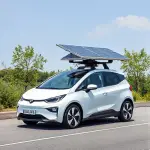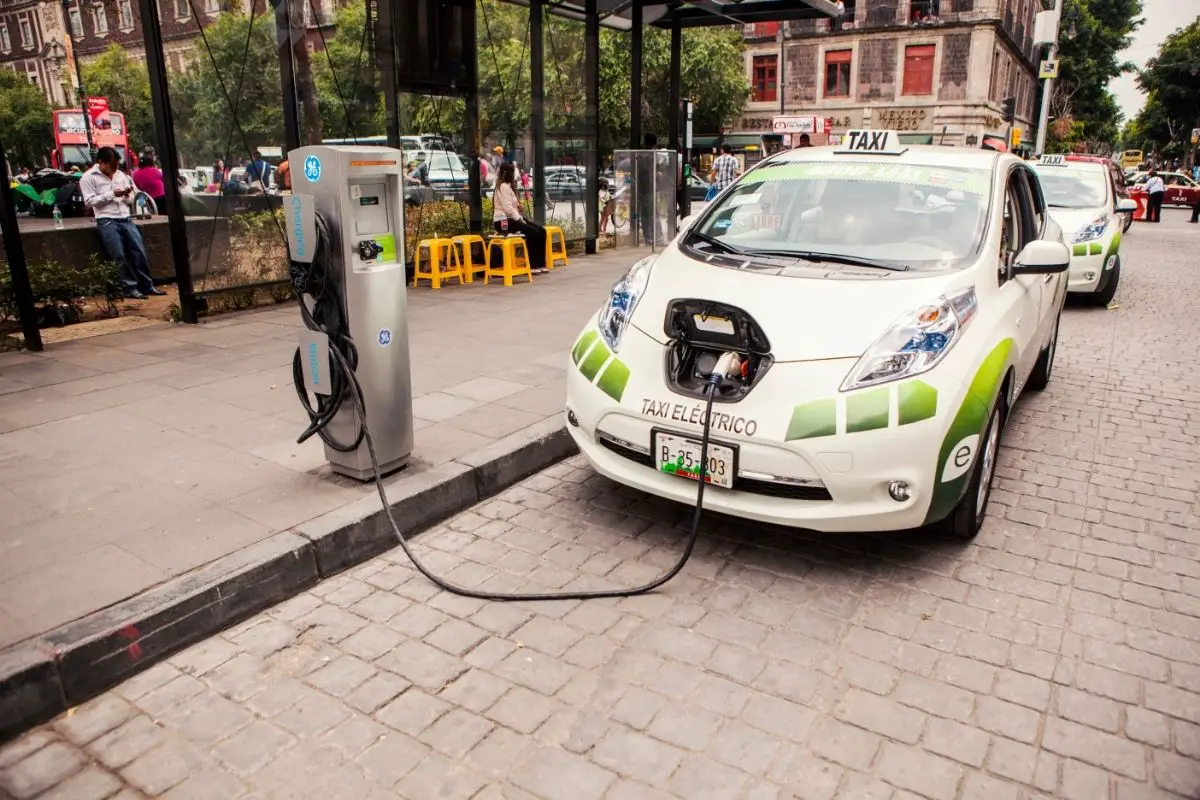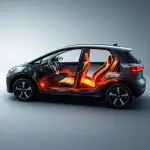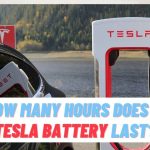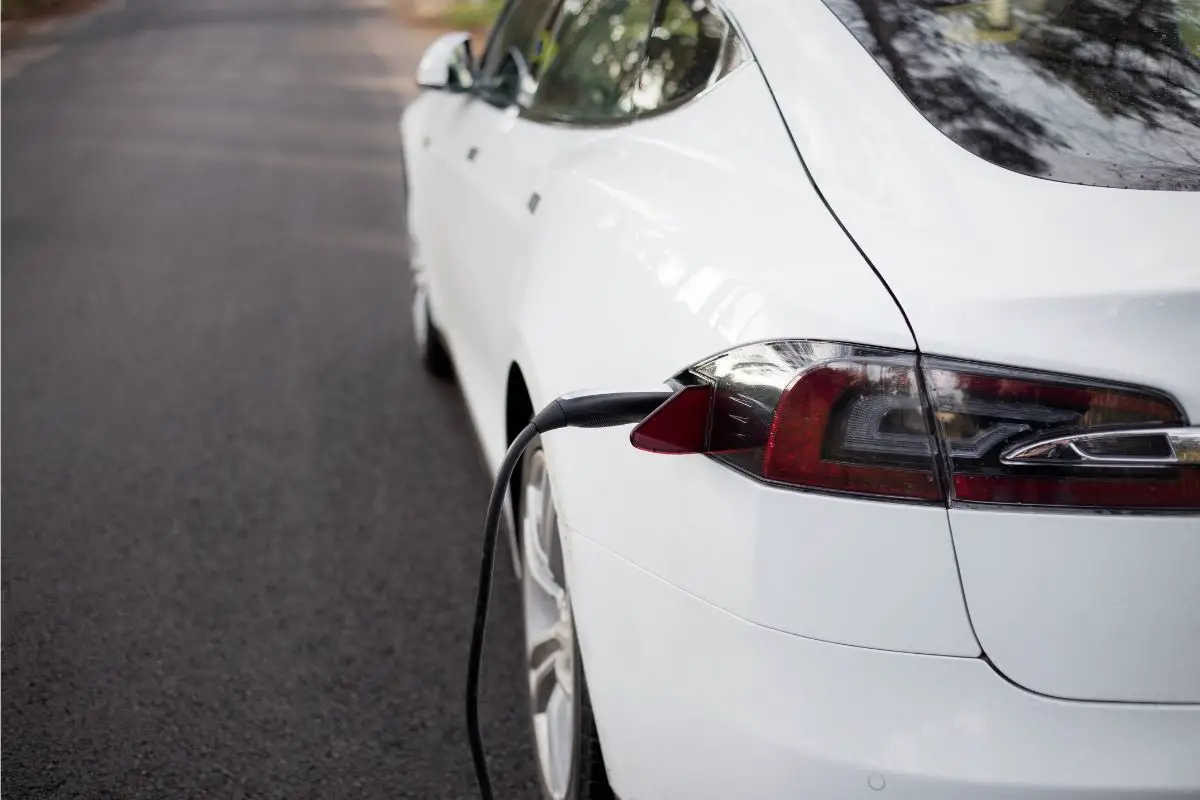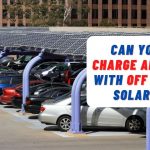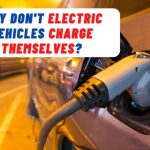Last Updated on January 27, 2025 by
To charge a Nissan LEAF, open the charging port and plug in the appropriate connector. Use a Level 1 home charger, Level 2 home/public charger, or a DC fast CHAdeMO charger. Charging times vary from 24 hrs (Level 1) to 40-60 minutes (fast charging).
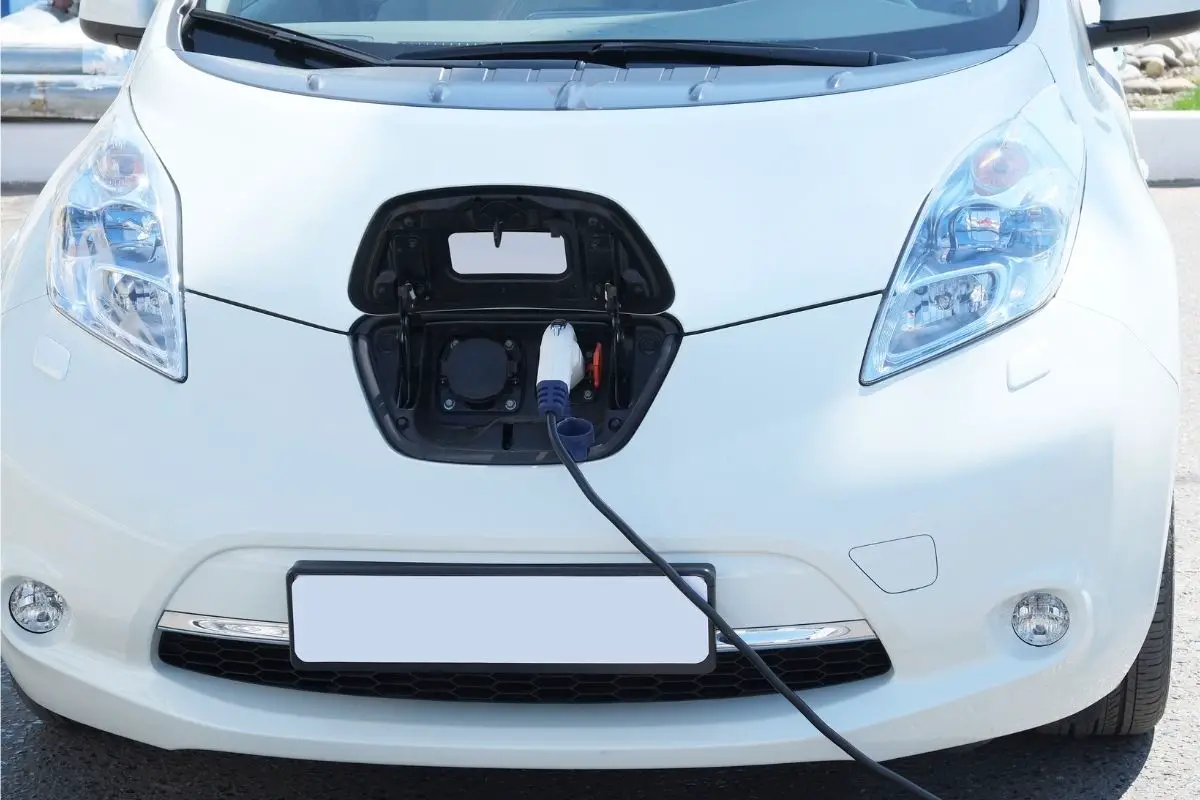
Thankfully, charging a Nissan Leaf is pretty simple, much like with other electric vehicles. You just need to know how to do it! With that in mind, here’s how to charge your Nissan Leaf.
Key Takeaways for Charging a Nissan Leaf
Charging Methods:
- Type 2 connector for AC charging (home/public)
- CHAdeMO connector for DC fast charging
- Available charging levels: Level 1 (120V), Level 2 (240V), and DC fast charging
Charging Times:
- Level 1 (120V): Approximately 24 hours
- Level 2 (240V): 6-11 hours
- DC Fast Charging (CHAdeMO): 40-60 minutes to 80% capacity
Charging Best Practices:
- Keep battery charge between 20-80%
- Avoid extreme temperatures
- Use home charging for daily use
- Reserve fast charging for quick boosts
Charging Locations:
- Home charging with 240V outlet
- Public charging stations
- Shopping malls, office buildings, grocery stores
Cost:
- 40 kWh battery: Around $5.14 to fully charge
- 62 kWh battery: Around $5.84 to fully charge
Connector Types:
- Type 2: AC charging
- CHAdeMO: DC fast charging
How To Charge Nissan Leaf
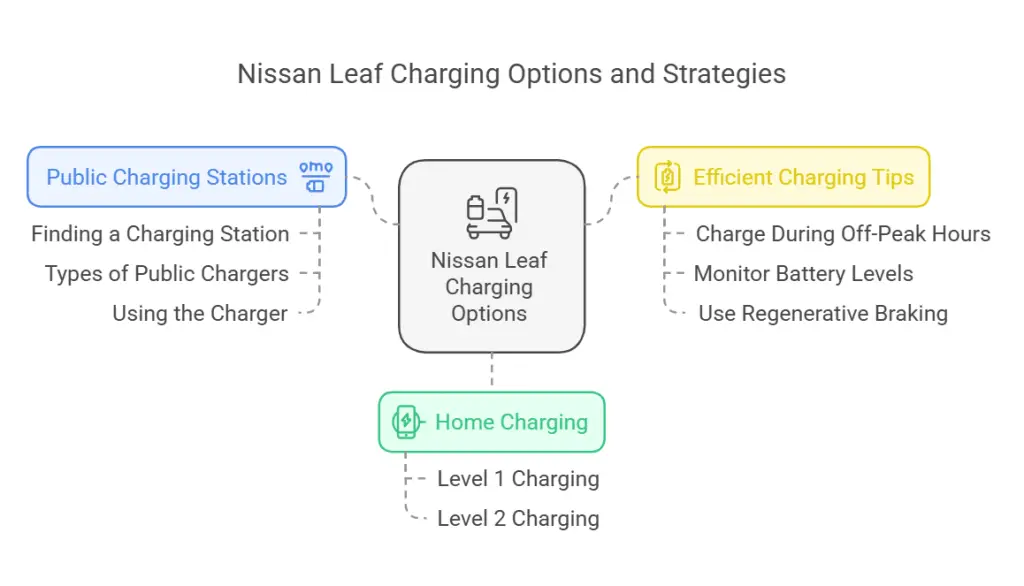
Now, here’s the answer to the million dollar question – how do you charge a Nissan Leaf?
For starters, take your car to the nearest charging station. This may be in a public place or in your own home. Park it up, ensuring that the car has been switched off before you make any attempt to charge it.
When you have done this, go to the charge port on the car, open the lid and the cap up ready for charging. Take the end of the charge connector and place it into the charging port. When you hear a beeping sound, you will know that your Nissan Leaf is charging.
Eventually your Nissan Leaf will stop charging when the battery is full. You can stop the charging session mid way through by unplugging the charge connector if you need to do so.
Can I Plug My Nissan Leaf In At Home?
If you want to charge your Nissan Leaf at home, then this is certainly an option. It’s actually preferable for many people that may not have many electric vehicle charging stations nearby.
If you intend to plug your Nissan Leaf from the comfort of your own home, it would be best to invest in a 240 volt outlet that comes with a portable charging cable. You may need some assistance to set up your charging station at home.
If you’re out of the house then there are generally public charging stations that you can use too.
How Long Does It Take to Charge a Nissan Leaf?
Nissan Leaf Charging Options Comparison Table
| Charging Level | Voltage | Charging Speed | Range Added per Hour | Typical Charging Time | Best Used For |
|---|---|---|---|---|---|
| Level 1 (Trickle) | 120V | Slowest | 4-5 miles | 24+ hours | Overnight home charging |
| Level 2 | 240V | Moderate | 12-25 miles | 4-8 hours | Daily home/public charging |
| DC Fast Charging (CHAdeMO) | High-power DC | Fastest | Up to 80% in 30-40 minutes | ~40 minutes | Quick top-ups during travel |
Key Charging Tips
- Aim to keep battery charge between 20-80%
- Use home Level 2 charging for regular charging
- Reserve fast charging for occasional use
- Use Type 2 connector for AC charging
- Use CHAdeMO connector for DC fast charging
Connector Types
– Type 2: AC charging (home/public)
– CHAdeMO: DC fast charging
Charging Cost
Approximately $5.14-$5.84 per full charge, depending on battery size and electricity rates.
There’s technically not one specific answer to this. The charging time often varies depending on the type of charger that you have.
For instance, if you have a 3.6 kW charger, then it will generally take around 18 hours for your Nissan Leaf to fully charge, at a rate of 15 m/h.
If on the other hand you are charging the LEAF with a 150 kW charger to 20-80% capacity, it will take around 40 minutes to reach the desired charging level.
Some chargers will simply give you a faster charging time than others, so it’s important to keep this in mind.
Should I Charge My LEAF Every Day?
In most cases you will get the best battery life if your Nissan Leaf’s battery is between 30% and 50% charged.
If you are able to charge it every day, then, this is certainly a good idea. You don’t need to charge it for a long time either. This is ideally the best thing to do for the sake of the battery.
How Much Does it Cost to Charge a Nissan Leaf
This can depend on a few things, such as where you are charging the vehicle, the type of charger and how long you will be charging it for. Typically it costs around $5.14 as an average in order to completely recharge the full battery on a 40 KWH battery model.
Nissan Leaf Charging Cost Calculator
How Much Does It Cost to Charge a 62 KW Nissan Leaf?
For a 62 KW Nissan Leaf, it will usually cost around $5.84 to fully charge on average, though this depends on where you go/ It will cost a lot more money in Connecticut, where it’s more expensive to charge a Nissan Leaf than it is in Washington.
Regardless of how you look at it though, the Nissan Leaf and other comparable electric vehicles will cost significantly less money than your average gas powered vehicle, so you’re still making great savings by going green.
Nissan Leaf Charging Recommendations
If you want your Nissan Leaf to last for a long time, then it’s important to do what you can to ensure that the battery lasts for a long time. Ideally, you should be ensuring that the battery typically remains between 20-80% charged at all times to keep it in pinnacle condition.
It’s not a good idea to allow the battery to die on a regular basis since the battery modules will usually degrade at a faster rate. The same is true if you constantly charge it to its complete capacity.
Likewise, try to avoid subjecting the battery to any extreme temperatures if at all possible. The fluctuations in temperature can have a pretty big effect on the battery. Keep the LEAF out of the sun as much as you can.
The cold isn’t as big of a problem, but it should still be avoided as much as possible since it can affect the electrolyte fluid in the battery. Keep your car in your garage or in a well covered location if at all possible.
Can You Overcharge a Nissan Leaf?
Technically you can’t really overcharge a Nissan Leaf since it will often stop charging on its own when the battery reaches full capacity. With that being said though, it’s often best not to regularly charge it to full capacity since it isn’t the best thing for the battery.
Try to keep the charge between 20-80% at all times to make the most out of your EV.
Conclusion
Charging a Nissan Leaf is very simple - you just need a charger, a little bit of time and the money to spend on the electricity.
If you are at all confused still then always revisit the user manual for the car, but this article has hopefully cleared up everything that you need to know!
Latest Nissan Leaf Developments
- Next-Generation Nissan Leaf:
- The 2025 Nissan Leaf is set to transition from a hatchback to a compact crossover design, emphasizing efficiency and advanced digital features.
- Platform and Technology:
- The new Leaf will utilize the Ampere platform, incorporating both Nissan's own technology and components shared with Renault models. It will feature advanced driver assistance systems and improved battery technology.
- Performance Specifications:
- The 2025 model is expected to offer an EPA-estimated range of up to 212 miles with available battery options of 40 kWh and 60 kWh, showcasing significant improvements in range and performance.
- Pricing and Availability:
- The starting price for the new Leaf is projected to be around €39,000, with production aimed at the Sunderland plant in the UK for European markets.
- Enhanced Features:
- The new Leaf will include features like V2H capability, allowing it to provide electricity back to homes, further integrating it into modern energy systems.
These advancements highlight the ongoing evolution in EV battery charging technologies and the exciting developments surrounding the 2025 Nissan Leaf, positioning it as a competitive option in the growing electric vehicle market.
EV Battery Charging Innovations - What's to come?
- Ultra-Fast Charging:
- New ultra-fast chargers can charge electric vehicles in under 30 minutes, significantly reducing range anxiety. Tesla's Supercharger V4 is a leading example of this technology.
- Wireless Charging:
- Emerging wireless charging technologies use electromagnetic fields to charge vehicles without cables, potentially allowing for automatic charging when parked or stopped.
- Bidirectional Charging:
- Technologies like Vehicle-to-Grid (V2G) and Vehicle-to-Home (V2H) allow EVs to not only draw power but also supply it back to the grid or homes, enhancing energy management and providing backup power during outages.
- AI and Predictive Analytics:
- The integration of AI in EV charging networks will optimize operations, balance grid demand, and enhance user experience by analyzing real-time data.
- Renewable Energy Integration:
- Charging stations are increasingly being integrated with renewable energy sources and battery storage systems, improving grid stability and reliability.
Chearging your Nissan Leaf - Reddit user comments
- Lavender Oil - February 2, 2025
- Electric Cars with Solar Panels On Roof: The Future of Sustainable Driving - January 29, 2025
- Best Cheapest Electric Car Reddit Comments - January 23, 2025

